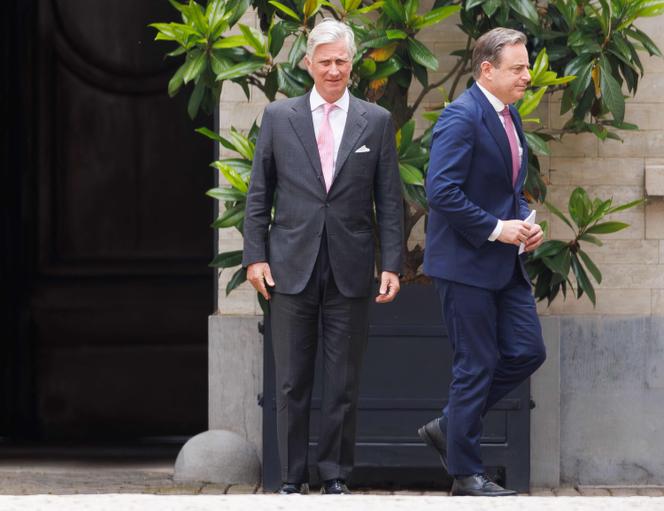

LETTER FROM BENELUX

It looks like an electoral magic trick. While, on Sunday, June 9, Flanders witnessed the unexpected narrow victory of nationalist conservatives over the xenophobic and separatist far right in federal and regional elections – on the same day as the European elections – Wallonia voted for the center and the right. This was unprecedented, and on Monday, June 10, it prompted the powerful Socialist Party (PS) led by Paul Magnette – who offered his resignation as the head of the party, which was turned down – to indicate that it would be in the opposition for the next five years, at all levels of power.
It was another surprise when, less than 48 hours after the elections, the two French-speaking winners, the liberal Mouvement Réformateur (MR) and the centrist Les Engagés, announced an agreement to form a regional government in Wallonia. In a country still reeling from the famous crisis of 2010-2011, when it took 541 days to create a federal coalition – a record in contemporary European history – the event was bound to make headlines.
In Flanders most of all, the Walloon tectonic movement stunned public opinion, commentators and politicians. They, in fact, were witnessing the collapse of the entire French-speaking left: the PS lost 6 of its 22 federal MPs, the environmentalists retained only 4 of their 13 seats, and the communists of the Belgian Workers' Party proved all the polling institutes wrong by receding (8 seats, i.e., 2 seats), whereas they had been predicted to triumph. The radical left-wing party only believed in its victory for a few minutes on Sunday afternoon, when a TV channel announced it. It was a mistake, due to an encoding error by pollsters who were decidedly in poor shape.
Bart De Wever, leader of the Neo-Flemish Alliance (N-VA), the man who for years had been hammering home the idea that Belgium's "two democracies" were too different to cohabit for much longer, was also astonished by the election results in Wallonia. "It's very surprising, almost unbelievable. It's a new reality," he said. Indeed, the establishment of a right-wing government in Namur, the region's political capital, is even more surprising for him, given that in Flanders his own party will have to form an alliance with the Christian Democrats (centrists) as well as the socialists of Vooruit, who will need to be persuaded to accept a budgetary austerity plan.
Seeing a right-wing majority in the south of the kingdom was a real shock for the most popular man in Flanders, where, in 2013, the "Wallbanie" was mocked with glee, triggering the anger of the Albanian ambassador in Brussels at the time. In 2005, De Wever traveled to Strépy-Thieu, in the province of Hainaut, with trucks packed with counterfeit euro bills. His goal was to denounce the flow of "billions of euros" from Flanders to Wallonia: three years earlier, it was in Strépy-Thieu that the world's largest and most expensive boat elevator had been inaugurated.
You have 43.86% of this article left to read. The rest is for subscribers only.
